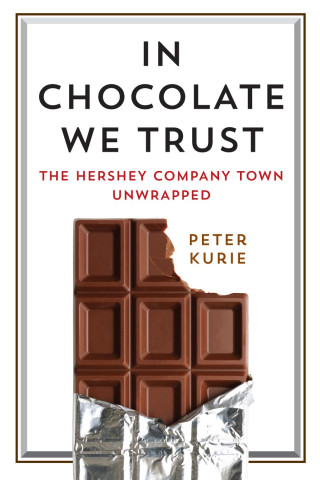Today, the Hershey Trust holds roughly 80% of the voting power and about 28% of the equity in the company, now a Fortune 500 corporation. Profits from candy sales fund the Milton Hershey School, a tuition-free residential school for children from low-income backgrounds, based in the town of Hershey—population 14,000—where the lampposts resemble Hershey’s Kisses. The nonprofit is set up to exist in perpetuity, but its control of the company is not mandated; successive generations of trustees have chosen to maintain it.
For decades, this arrangement delivered real benefits. The nonprofit ran the school while supporting the community around it, investing in healthcare, entertainment, and infrastructure. The company’s profits grew, and its unionized workforce remained local even as many American manufacturers shuttered plants.
Over time, the nonprofit acquired stakeholders and expectations its founders had not foreseen. Employees, townspeople, school alumni, and local businesses came to rely on—and identify with—the arrangement, forming attachments that were as much civic and emotional as economic.
Then, in 2002—worried that the school had become too dependent on a single company’s fortunes—the nonprofit board voted to sell its controlling stake. The community saw not prudence but betrayal; many believed the board was serving its own interests, pursuing projects beyond the school’s core mission. A sale to Wrigley, a Chicago-based competitor, would almost certainly have meant relocation or downsizing. Hershey risked becoming yet another de-industrialized Rust Belt town.
That’s when civil society spoke up—and the state stepped in. The grassroots campaign to “Derail the Sale” drew the attention of both major gubernatorial candidates, one of whom was the state attorney general, with oversight of charitable trusts. His office petitioned a local court, which agreed to halt the sale on the grounds that it would harm the public interest. The board backed down. Trustees resigned. Victory in Hershey was declared.
Pennsylvania revised oversight rules to require attorney general review of any sale. Yet public trust in the Hershey Trust was never fully restored. The decades that followed brought accusations of self-dealing, repeated lawsuits, and further state intervention.
Hershey’s governance crisis revealed how the legitimacy of nonprofits that control companies depends on maintaining trust with multiple publics—not just direct beneficiaries. The model, which OpenAI now embraces, is highly vulnerable to even the appearance of conflict of interest.
OpenAI operates in a very different context, with far greater economic and political stakes—and the parallels are instructive. In Hershey’s case, the board sought to relinquish control of the company; in OpenAI’s, as we will see, the board sought to assert control. Yet in both, boards claimed to act for the public good, only to find their authority contested by other stakeholders—and ultimately mediated by the state.
